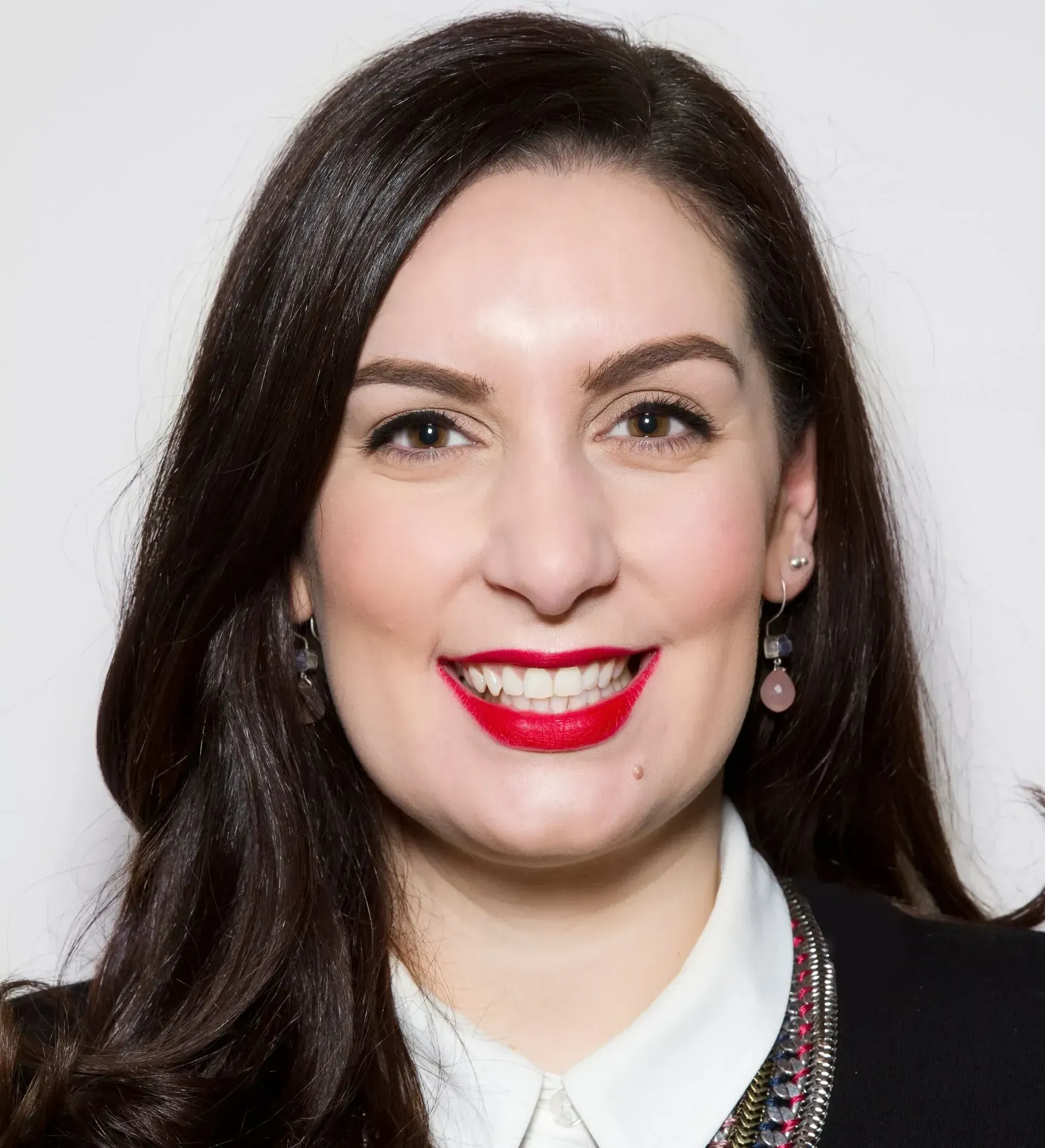Vikki Brennan is a senior manager on the labour rights team with Novartis Pharmaceuticals. A former CEO of Proudly Made in Africa, the Irish NGO focused on trade with Africa, she has over 10 years’ experience is responsible procurement, ethical international trading and business and human rights. Previously, Vikki worked at the Bangladesh Accord Foundation in Amsterdam and as senior ethical trade manager for food multinational Associated British Foods in London. She is IDEA’s Chairperson.
Grants Clinic for Irish Aid Global Citizenship Education Funding Applications 2024
Date: Tuesday 14 November, 11.00am – 1.00pm
Location: Online via Zoom
Our first training event on the Irish Aid Global Citizenship Education Grants Round is a Grants Clinic, focusing on the application form that will be facilitated by Frank Geary IDEA’s Director and Elaine Mahon, Capacity Development Manager, IDEA. This will take place on Tuesday 14 November, 11.00am – 1.00pm, Online.
IDEA provides support for members - and spaces for members to support one another - in applying for Irish Aid Global Citizenship Education Grants. This training and support is free of charge to all.
As in recent years, we are also inviting any other actors who are not yet members of IDEA to these training events.
To make this training as useful as possible for all attending, please make sure that you have a copy of this year’s application form available to you during the session. This can be requested from Irish Aid directly via email: globalcitizenshipeducation@dfa.ie









